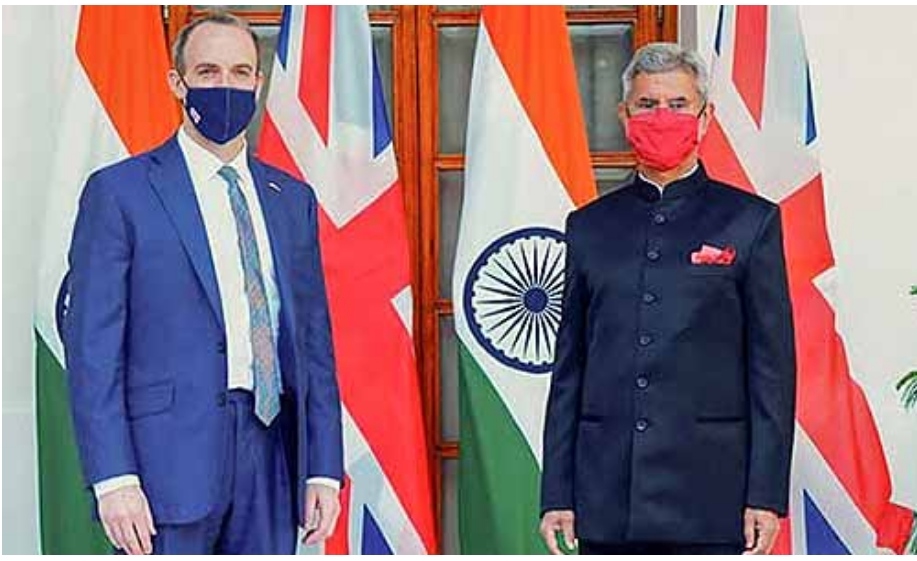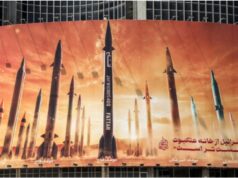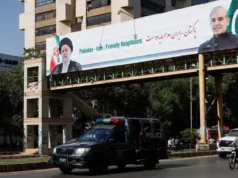India, UK draw a 10-yr roadmap to broaden ties and cooperation

Dated : 16 Dec 2020 (IST)
In the aftermath of coming Brexit, the UK has been looking at increasing its trade cooperation with leading economies like India. Without support of countries like India its separation from the European Union minus a trade deal will severely cripple its financial markets and have long-term implications for its economy.
Thus UK Foreign Secretary Dominic Raab has held talks in New Delhi which lasted around four hours, with External Affairs Minister S Jaishankar during which the two sides agreed on the key elements of an ambitious 10-year roadmap to further broaden ties, and also boost strategic cooperation in the Indo-Pacific region.
Raab’s visit to India from December 14-17 comes at a time the UK is holding complex negotiations with the European Union on reaching a post Brexit trade deal. It also comes days after protests were held outside the Indian High Commission in London in support of agitating farmers against the newly enacted farm laws. New Delhi has already taken up the issue of safety and security of its staff in its mission with British authorities.
Raab also officialy announced that British Prime Minister Boris Johnson will visit India next month to attend the Republic Day celebrations as the chief guest,
Duing their wide-ranging talks, Jaishankar and Raab also discussed ways to enhance trade partnership which could be a stepping stone towards a future free trade agreement.
At a joint press conference with Raab, Jaishankar said that the talks focused on five key areas –trade and prosperity, defence and security, climate change, healthcare and people-to-people connectivity.
Both also reviewed the situation in Afghanistan, the evolution of the Indo-Pacific and developments in the Middle East besides discussion on shared concerns over challenges posed by terrorism and radicalism.
” Raab said “Prime Minister Boris Johnson has invited Prime Minister Narendra Modi to join the UK-hosted G7 summit next year. The UK Prime Minister has also accepted the very generous invitation to attend India’s Republic Day celebrations (as chief guest) in January which is a great honour.”
Boris Johnson while describing India as a key player in the Indo-Pacific region recently said that his visit will mark the start of an “exciting year” for Global Britain and deliver a “quantum leap” in the bilateral ties.
As per 10 Downing Street, trade and investment, defence and security, health and climate change have been identified as some of the priority areas of focus on both sides for the visit in the New Year.
“I am absolutely delighted to be visiting India next year at the start of an exciting year for Global Britain, and look forward to delivering the quantum leap in our bilateral relationship that Prime Minister Modi and I have pledged to achieve,” said Johnson.
Commenting on increasing strategic ties, the British foreign secretary said a closer relationship with India, and the wider Indo-Pacific region, is one of the “very highest policy priorities” for the UK government.
Noting that India and the UK already have a strong and growing trade relationship and in the year before the pandemic hit, bilateral trade between India and the UK grew at a vibrant 11 per cent, the British foreign secretary said the UK wants to further deepen its economic partnership
“Now what we want to do is take that up to another level working towards agreeing an enhanced trade partnership next year – which itself we hope will be a stepping stone towards a future Free Trade Agreement,” he said.
The British foreign secretary also said that his government is committed to building a stronger defence and security partnership with India, adding it will help in tackling shared issues of concern such as, terrorism and maritime security as well as piracy in the Western Indian Ocean.
Jaishankar, in his remarks, also said,”as democratic polities, market economies and pluralist societies, we can, we should and we will make a difference to the realisation of a rules-based global order.”



